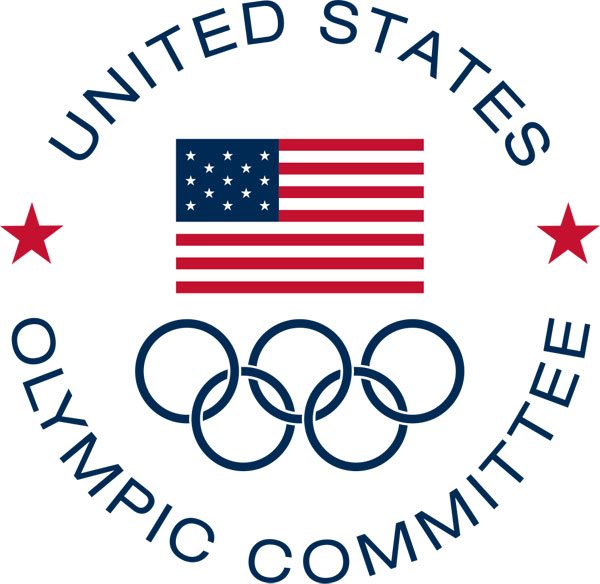
February 28, 2018; Washington Post
Now that the Winter Olympics are over, Scott Blackmun, the chief executive of the United States Olympic Committee (USOC), has resigned. Although the reason cited for his resignation is ill health, it comes amid calls for him to step down for his unresponsiveness to allegations of sexual abuse in swimming and gymnastics.
The statement from the board makes it fairly clear, however, that reticence to intervene with sports governing bodies even when faced with reports of the sexual abuse of young athletes is part of the story. “Given Scott’s current health situation, we have mutually agreed it is in the best interest of both Scott and the USOC that we identify new leadership,” said USOC board chairperson Larry Probst, “so that we can immediately address the urgent initiatives ahead of us. The important work that Scott started needs to continue and will require especially vigorous attention in light of Larry Nassar’s decades-long abuse of athletes affiliated with USA Gymnastics.”
Sign up for our free newsletters
Subscribe to NPQ's newsletters to have our top stories delivered directly to your inbox.
By signing up, you agree to our privacy policy and terms of use, and to receive messages from NPQ and our partners.
USOC board member Susanne Lyons will act as interim CEO, and she has hit the ground running with a set of actions to be taken. “While we are eager to review the findings of the independent investigation, the USOC is taking important actions now based on what we already know,” said Lyons. “We are evaluating the USOC’s role and oversight of all the National Governing Bodies, considering potential changes to the Olympic structure and aggressively exploring new ways to enhance athlete safety and help prevent and respond to abuse.” The actions to be taken include (as written):
- Providing new funding and resources for support and counseling for gymnasts impacted by Nassar’s crimes and launching a new resource for athletes from other Olympic and Paralympic sports recovering from similar abuse.
- Forming an advisory group to bring together survivors, advocates, child psychologists and other medical professionals to guide the USOC on stronger safeguards against abuse throughout the Olympic community, and effective support for victims. This may lead to additional changes to the USOC policies and methods for addressing cultural issues and conflicts of interest that may exist in sports, hampering prevention of abuse.
- Launching a review of the USOC and NGB governance structure as defined by the Ted Stevens Amateur Sports Act, including seeking input from safe sport advocacy groups, the NGB Council, the Athletes’ Advisory Council, current athletes and policymakers to consider clarifications and changes to this structure. As the leader of the U.S. Olympic and Paralympic community, the USOC must ensure that its governance structure unequivocally provides the ability to oversee and act when necessary to protect athletes.
- Revisiting USOC SafeSport procedures to determine what measures are necessary to ensure allegations of abuse are reported to the U.S. Center for SafeSport, in addition to law enforcement, and that necessary follow-ups occur. This also would enable NGBs and the USOC to be more aware of problems as they arise, spot trends, and know where more oversight and engagement are necessary.
- Effectively doubling USOC’s funding of the Center for SafeSport to enable it to hire more investigators and staff, improve the speedy resolution of cases, enhance ongoing communication for victims and their families, provide age-appropriate training on recognizing and helping to prevent abuse, and offer better and more accessible resources online.
- Ensuring that athletes have a stronger voice within the USOC. In addition to the AAC already in place, the USOC will seek input on its decision making from currently competing athletes and athletes who have competed in the past.
- Working with USAG to address its governance issues, implement a culture change, and act on the results of the independent investigation once it is complete.
The proof, of course, will be in the pudding, but Sen. Jeanne Shaheen (D-NH) says that Blackmun’s resignation, which she had called for, is long overdue. “The US Olympic Committee must now bring on new leadership determined to deliver answers and accountability regarding how Larry Nassar was able to freely abuse young girls for decades, as well as answers to questions about abuse in other Olympic programs,” Shaheen says. “It’s clear that the culture at the US Olympic Committee desperately needs to change so that it prioritizes the health and safety of US athletes.”
John Manly, who is the attorney for many survivors of abuse at the hands of Dr. Nassar, says, “Under his leadership, USOC has focused nearly all its efforts on money and medals while the safety of our athletes has taken a back seat. It was the courage of these brave women, speaking out about the failure of USOC to protect our athletes, that forced Mr. Blackmun to resign.”—Ruth McCambridge













